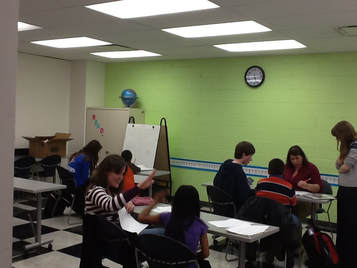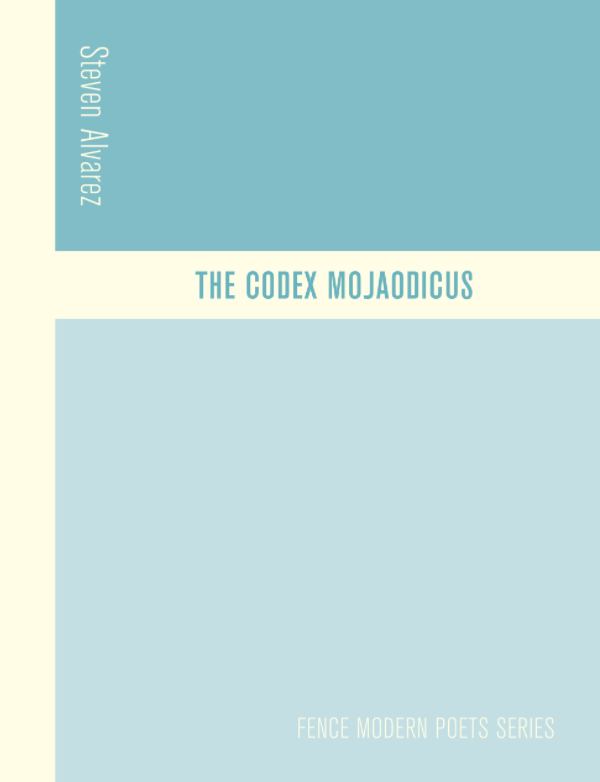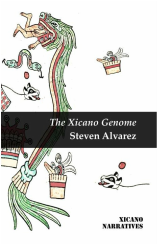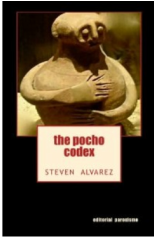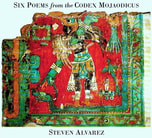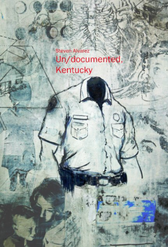“Fieldnote”
Today I tutored
two fourth graders
in tandem, Lili and Maria,
our trio reading poems.
We shared one book,
all wondered at an illustration
of two curious children peering over
the edge where the sidewalk ends
perhaps peering into a cavernous gap:
And Maria—“Ay dios mio, their perro is going to fall.”
Today: poetry. Everyday: poetry.
Bueno, vamos a leer. Together let’s go, juntos.
Rhythms bouncing Germanically
to some spot where all roads end
basta ya no más
no street begins
but some nouns growing naranjas
and prepositions brillando as crimson crystal
y purple pajaros resting on conjunctions
y los verbos scattering in wind smelling
like peppermint.
And Lili—“I think the poem is in the fields or the finca.”
And Maria—“I think wind and begins kinda rhymes.”
“Yeah.”
“¡Sí!”
Trio of laughter. Juntos pues.
You like to speak Spanish?
And Maria—“With mi mamá and papá, yeah.
But not with my teacher.”
Your teacher habla español?
And she—“Tries to speak to me, but I don’t
like to talk to her in Spanish
because estamos en la escuela.”
But why do you like to speak Spanish with me?
And Maria—“Because you are nice, and you speak both.”
Como ahorita, verdad?
And both—“¡Sí!”
And Lili—“See you are doing it, eso me gusta.”
Ándale that’s translanguaging.
Our last stanza
and juntos we stepped slowly
through the measure following arrows
over rapid lines
back from that grammatical park
ojalá que to someday return
Maria and Lili formulated their own poem responses,
and they read their poems
as they turned their backs to the gap
at the end of the calles.
And Lili:
the parque is like the forest
y los arboles son bien verdes
and we go there on Sundays sometimes
and have barbacoa and we visit
Applause from her audience.
And Maria:
hablo español and English con mi familia
y mis padres están orgullosos de me
porque tengo buenas notas
y tengo muchas metas y me dicen
con ganas, mijita porque tu futuro
es nuestro futuros
Applause.
After this I asked
both to write a paragraph
comparing the poems. Maria
sped through her writing
pointing to español in both poems
and familia at the beginning
of the journey to where the calles end.
Lili sighed and stared at her page
and Maria would pause and cheer her friend
and they both finished their paragraphs together
and read them juntos.
Lili’s mother said buenas and Maria and I
said hasta luego to Lili and then her mother.
I asked Maria why she helped Lili.
“Because she gets mad that she can’t write and read like me. But I like to help her because she’s my friend.”
You like to help people.
“Mostly the little ones. I read to them because it’s fun.”
It is, it is.
And Maria—“And I want to be a maestra."
| alvarez_care_and_literacy_poem.mp3 |
